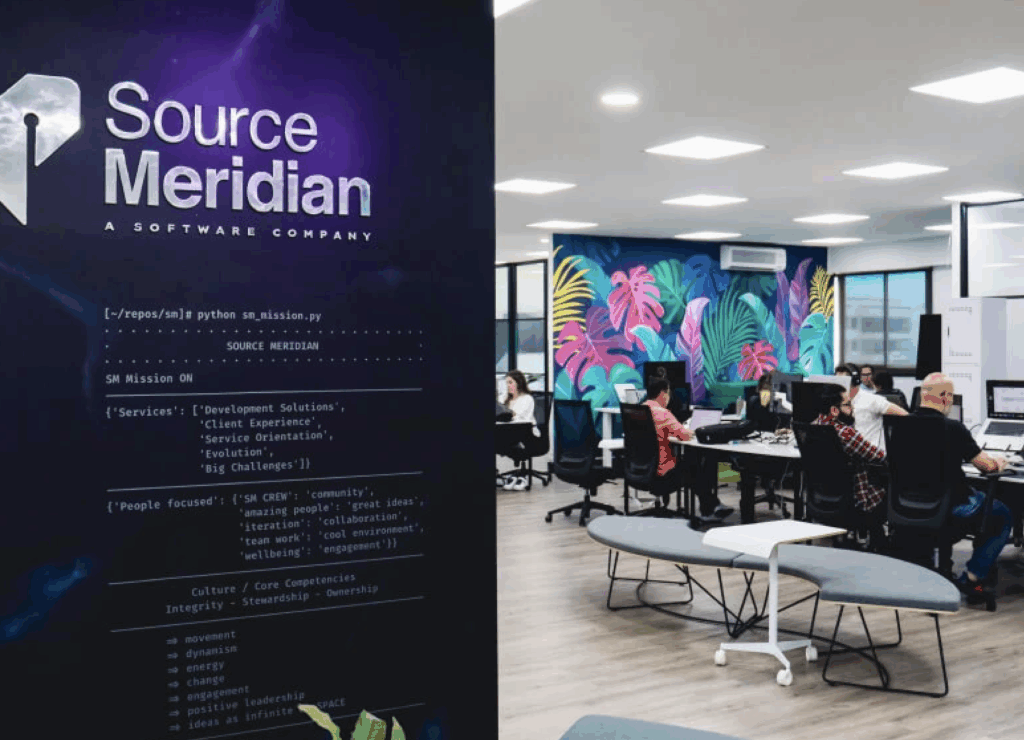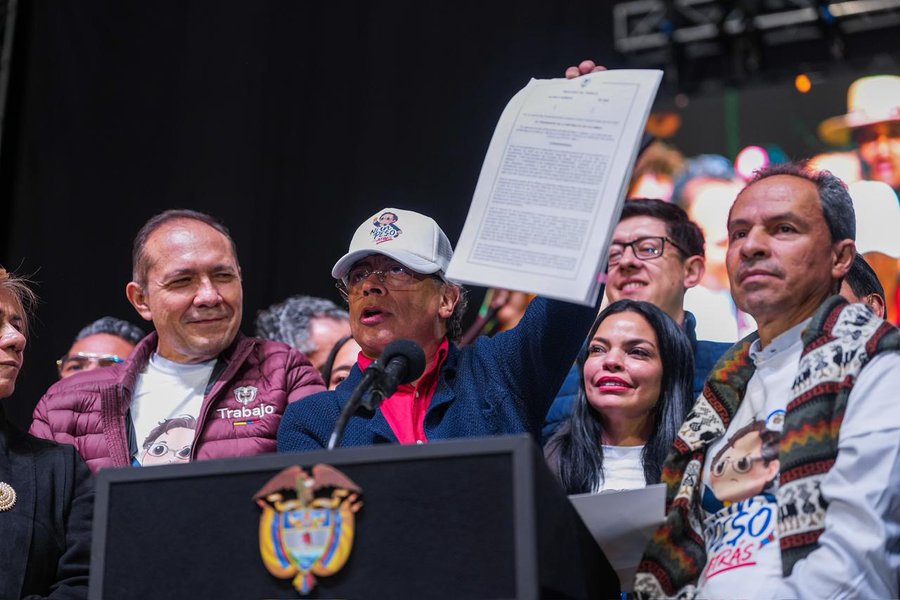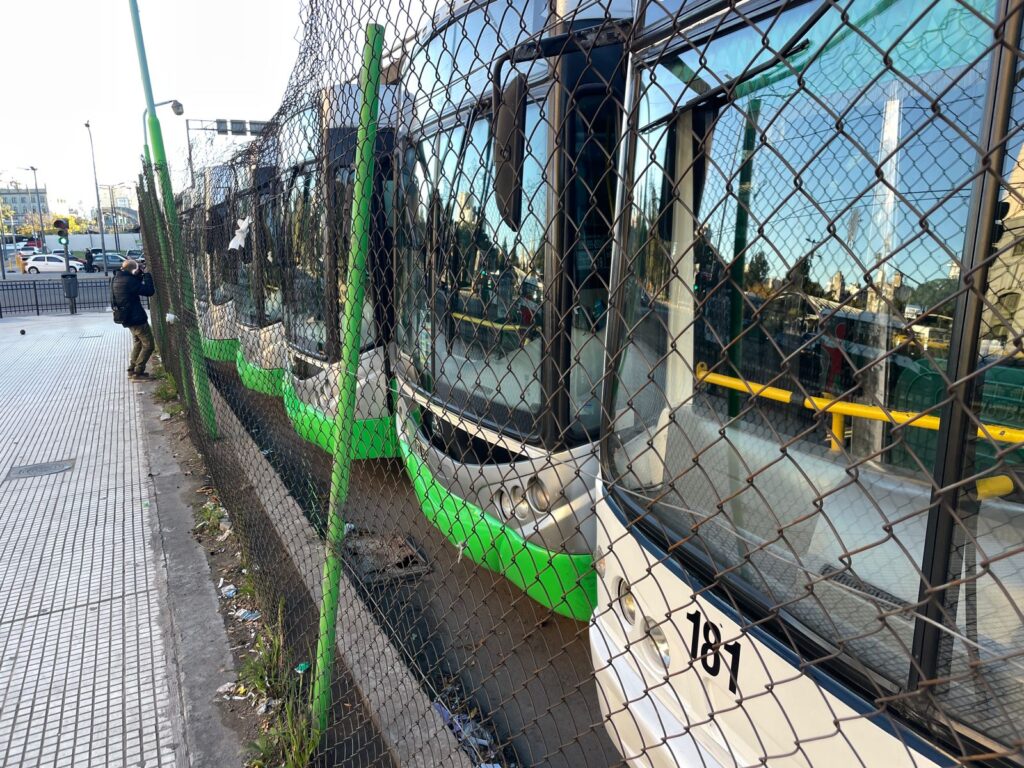The rise of AI in Latin America is predicted to add half a trillion USD to the region’s GDP by 2030.
While the promise of such significant economic growth is positive on one hand, these gains won’t take place in a vacuum. It’s important to recognize the disruptive side of AI to properly mitigate risks. Further, Latin America is a vast region with diverse needs, varying government policies and regulatory frameworks.
For the AI revolution to be a success in Latin America, tailored strategies and custom-built tools will help to ensure that tech solutions work for users in the region.
For example, a dozen Latin American countries are collaborating to launch Latam-GPT, the first large AI language model trained with the cultural and linguistic nuances of the region in mind. Expected to launch in September 2025, the open-source project aims to increase the uptake of AI by improving accessibility.
Industry leaders in Latin America are also keen to see that AI solutions work to address pressing challenges and real-world use cases to democratize the benefits of the technology. Here, TECH SPHERE is rapidly emerging as one of the most important annual events, bringing together tech experts, researchers, developers and policymakers to advance the future of AI in the region.
This leading event has recently announced details of third edition, taking place in Medellin, Colombia this September.

This September 27 the University of Antioquia will host TECH SPERE 2025, bringing together business execs, researchers, entrepreneurs, and professionals from across sectors and backgrounds to explore how AI can be practically applied to solve real challenges and scale impactful solutions.
Organized by Source Meridian (article’s featured photo of company CEO Mike Hoey), 360 Health Data, and the Pascual Bravo University Institution, the third edition of the conference aims to move away from just talking about AI and its hypothetical uses but instead drive conversations and support new collaborations that will help the region’s tech community under and build AI solutions and democratize its use.
Here, the organizers also hope to address local differences. For example, the IMF notes that a large part of the workforce Latin America and the Caribbean is outside of the formal economy. These informal labor markets act as a barrier to rapid adoption, yet they also mean local economies are sheltered from the extreme disruption that AI is causing to jobs in more developed nations.
As a result, TECH SPHERE 2025 will not just be a showcase of talks.
Event organizers have worked closely with partners to understand the most pressing questions for regional attendees to offer solutions and advance the dialogue. TECH SPHERE 2025 will unpack whether it’s worth creating your own LLM, how to move from experimentation to application in real-world environments and explore the role of synthetic data and low-code platforms with AI adoption in SMEs.
The event also includes practical workshops aimed at stimulating learning through action, including an AI Challenge that will pit emerging talent against real-world challenges.

For Medellin, this event comes at a key moment. Recognized for its work in technology and innovation, the local ecosystem is advancing, and the need for spaces that connect talent, knowledge, and opportunities is more urgent than ever.
Meanwhile, Colombia has emerged as a leading force for the region, exploring how to harness AI’s potential for growth with strong governance and new regulatory frameworks.
This includes a new bill that aims to better regulate AI and promote its ethical, responsible, competitive, and innovative development. In addition, Colombia became the first country to adopt UNESCO’s Guidelines for AI Use in Judicial Systems in December 2024, after months of expert and public consultations.
One of the central objectives of this event will be to show that artificial intelligence is not exclusive to Silicon Valley or large corporations.
Solutions are closer than they seem, and Medellín has the capabilities to lead this process.











